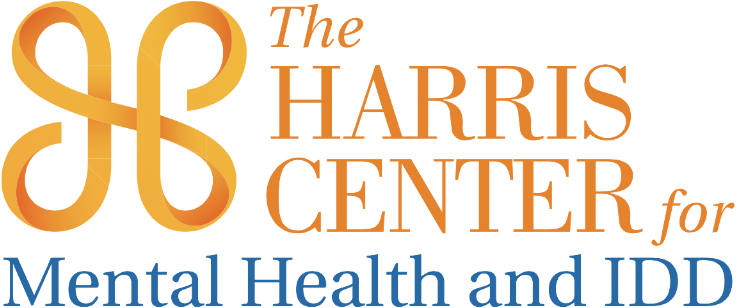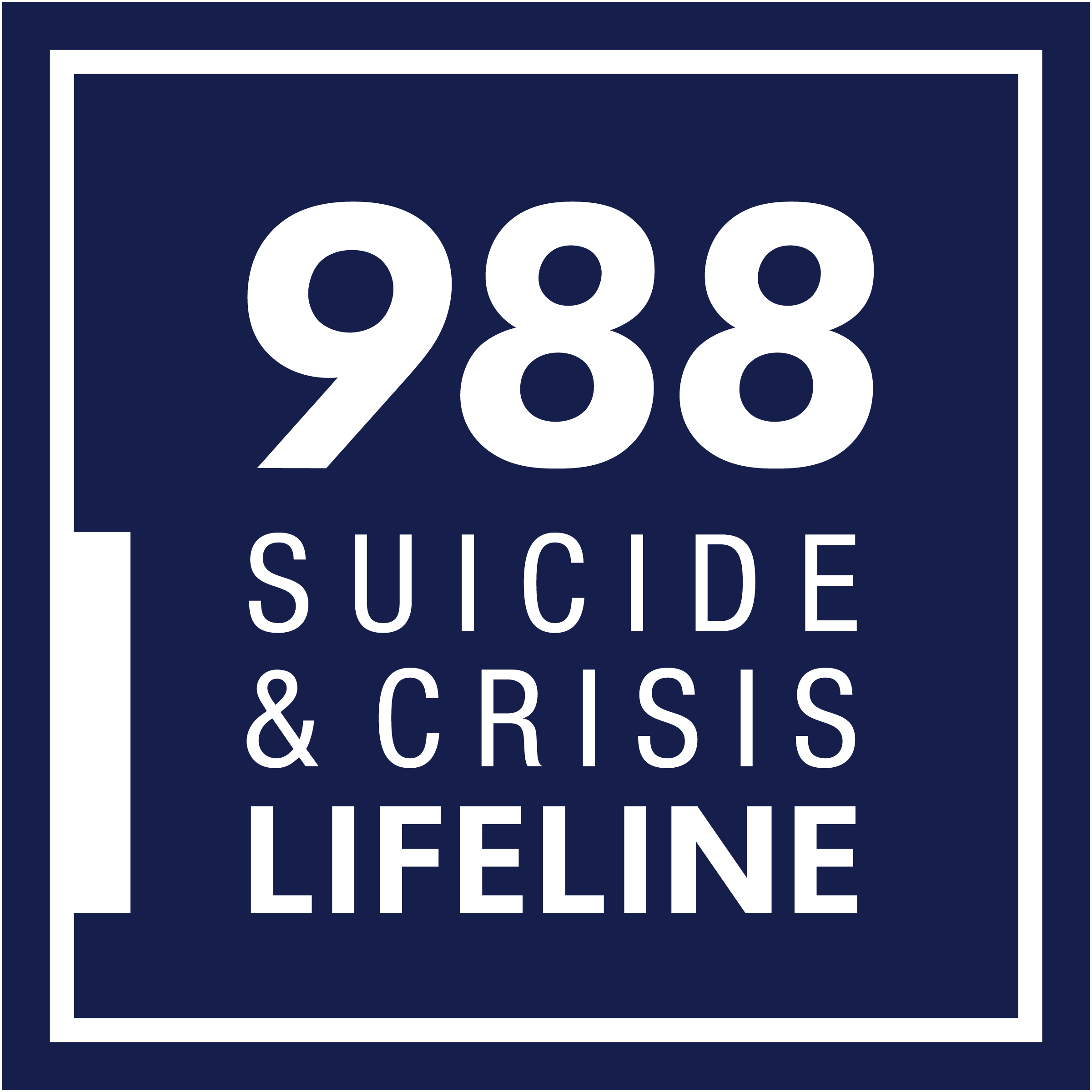
What Makes Us Different
Though we provide services to all age groups at over 85 locations throughout Harris County, a large portion of the adult services provided are through four large community-based clinics – one in each quadrant of the county. It is our hope that those we serve have a welcoming location near to their home or place of employment that allows them to establish a behavioral health “home” where they may get a full array of services from case management, therapy, medications, and primary care. Provided at our outpatient clinics, our treatment teams create service plans that are uniquely designed to meet the needs of each person based on diagnoses, symptoms and functioning levels. In this way, The Harris Center provides mental health outpatient services that consider the whole person as they create a life of stability and recovery.
Adults seeking services may visit any of our Community Service Centers:
- Northwest Community Service Center (3737 Dacoma, Houston)
- Southwest Community Service Center (9401 Southwest Freeway, Houston)
- Southeast Community Service Center (5901 Long Drive, Houston)
- Northeast Community Service Center (7200 North Loop East Freeway)
For questions about our services, scheduling appointments, and more, contact
The Harris Center Patient Access Line.
713-970-7000
Our Services
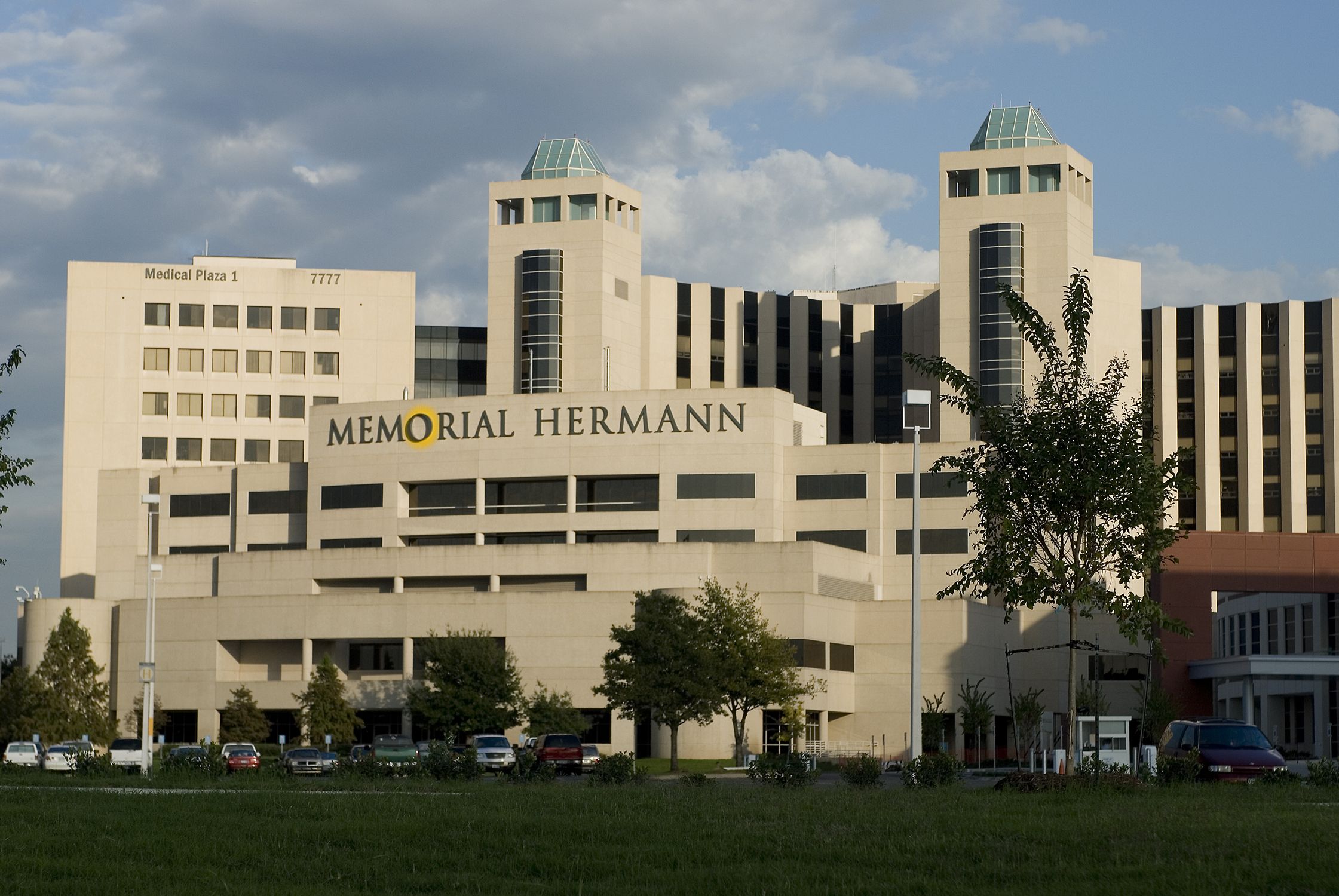
Although we have 4 large community centers across Harris County, The Harris Center is committed to meeting people where they are, to the largest extent possible. We accomplish this by partnering with other providers in the community. Staff at these locations work with adults that have behavioral health needs, including completing an assessment, scheduling an initial physician appointment, and connecting the individual to their most convenient adult outpatient clinic.
Services:
- Intake assessment
- Referrals to Adult or Child/Adolescent Service provider
Community Partnership Locations:
- Ibn Sina Foundation
- Community Resource Center at Memorial Hermann Southwest
- Community Resource Center at Memorial Hermann Greater Heights
- Community Resource Center at Memorial Hermann Northeast
- West Houston Assistance Ministries

Assertive Community Treatment (ACT) is a mobile outreach multidisciplinary treatment team that has the ability to provide the majority of behavioral health treatment, including rehabilitation, care coordination, monitoring, medication-related services, family education, transportation, housing assistance, vocational, and other general support services traditionally provided by different components of the behavioral health system.
Forensic Assertive Community Treatment (FACT) is indicated when a client has been identified as a targeted population by Utilization Management and/or Forensic Single Portal, has experienced, multiple psychiatric hospitalizations, and is currently on parole or probation. FACT assists individuals with involvement with the judicial system that have been non–responsive to traditional treatment approaches.
Services for ACT and FACT are available to Harris County residents age 18 or older who have been diagnosed with a severe behavioral illness, have experienced multiple psychiatric hospitalizations/crisis episodes, and are on probation or parole in the community* (*FACT program only). ACT and FACT services are available 24/7 to support community members find housing, apply for social services, go back to school, or obtain employment.
Services:
- Full range of services provided in homes, workplace, or community setting
- Care coordination
- Medication monitoring
- Transportation
- Housing assistance
- Vocational
- General support for day-to-day activities

The Assisted Outpatient Treatment (AOT) program delivers outpatient treatment under court order to adults with severe mental illness who meet specific criteria, such as prior history of repeated hospitalizations. AOT is a tool for assisting those individuals most at risk for the negative consequences of not receiving treatment by increasing medication adherence and reducing hospitalization and incarceration rates. AOT is available to Harris County residents who are age 18 years or older, have been diagnosed with a severe behavioral illness, are unlikely to survive safely in the community without supervision, are unlikely to voluntarily participate in treatment, require intensive treatment, and have experienced multiple psychiatric hospitalizations within the last 36 months. The majority of AOT recipients have been diagnosed with schizophrenia or severe bipolar disorder, although these specific diagnoses are not required for eligibility.
The Harris Center AOT Program is a collaboration with HCPC (Harris County Psychiatric Center) and Harris County Probate Court #3.
Services:
- Individual and/or group therapy
- Care coordination and case management
- Monitoring
- Medication management
- Alcohol and substance abuse treatment and testing
- Supervised living
- Educational and vocational training
- Transportation
- Housing assistance

Case management is a core service offered to patients in our clinics. Case management targets the living needs of people seeking our services. Individuals struggling with behavioral health issues can also have significant difficulty obtaining basic needs and performing routine living tasks. This can include daily living activities, employment, housing, safety, and referral and linkage to many community resources.
Services:
- Guidance and education how to access community resources
- Individualized service need identification and plan to address needs

The Chronic Consumer Assistance Program (CCAP) provides intensive care coordination and outreach services for individuals experiencing chronic homelessness and serious mental illness in the Houston Downtown Management District in an effort to link to necessary resources and provide overall stability. Referrals are only provided by the Houston Downtown Management District and The Harris Center.
CCAP works in collaboration with the Houston Downtown Management District and the Harris County Sheriff's Office.
Services:
- Linkage to housing and community resources
- Eligible participants may receive up to 90 days of funding for transitional housing
Chronic Consumer Stabilization Initiative (CCSI) is a program designed to identify and provide services to individuals who have been diagnosed with a serious and persistent behavioral illness, and have frequent encounters with law enforcement who have been unable to obtain necessary mental health services and housing stability due to needing intensive support and a lack of skills. CCSI Staff works with these individuals to engage them in mental health services and provide assistance in acquiring needed social services. Referrals are provided by the Houston Police Department and The Harris Center for eligible individuals (ages 18 and older) who have a history of admissions to City of Houston jail and/or psychiatric hospitals, who have not been able to maintain mental health treatment and housing stability on their own.
CCSI is a collaboration with the Houston Police Department.
Services:
- Link individuals with available behavioral health treatment
- Provide support and education to individuals and family members
- Facilitate compliance with recommended behavioral health treatment
The Harris Center provides Cognitive Behavioral Therapy (CBT) to both children and adults through the outpatient clinics. Cognitive behavioral therapy (CBT) is a form of psychological treatment that has been demonstrated to be effective for a range of problems including depression, anxiety disorders, and severe behavioral illness. Numerous research studies suggest that CBT leads to significant improvement in functioning and quality of life. The therapist and client work together to develop an understanding of the problem and to develop a treatment strategy. CBT places an emphasis on helping individuals learn to be their own therapists. Through exercises in the session as well as “homework” exercises outside of sessions, patients/clients are helped to develop coping skills, whereby they can learn to change their own thinking, problematic emotions, and behavior.
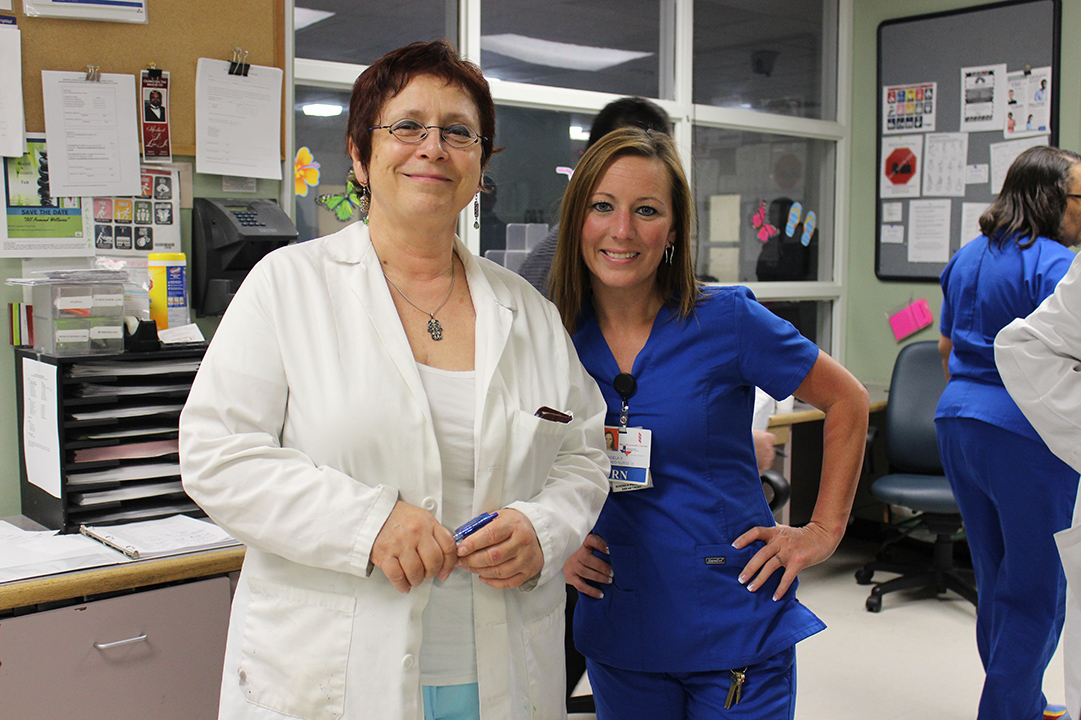
The Early Onset Psychosis Program (EOPP) is a coordinated specialty care program offering both outpatient treatment and a consultation service for people who are currently experiencing a psychotic episode or who have recently received a diagnosis of a psychotic disorder within the past 2 years. EOPP treats adolescents and young adults, ages 15 to 30, with a diagnosable psychotic condition. Our patients are typically referred directly from hospitals, but can also be referred from current outpatient providers, self or family referred. Recognizing the early signs of psychoses is important in order to get appropriate treatment as early as possible. EOPP participation is limited to three years. At that point, we will evaluate the need for continued treatment and can assist with a transition to appropriate care.
Services:
- Stabilization to reduce psychotic symptoms
- Individual and/or group therapy
- Family support and education
- Medication management
- Supported employment and education
- Case management
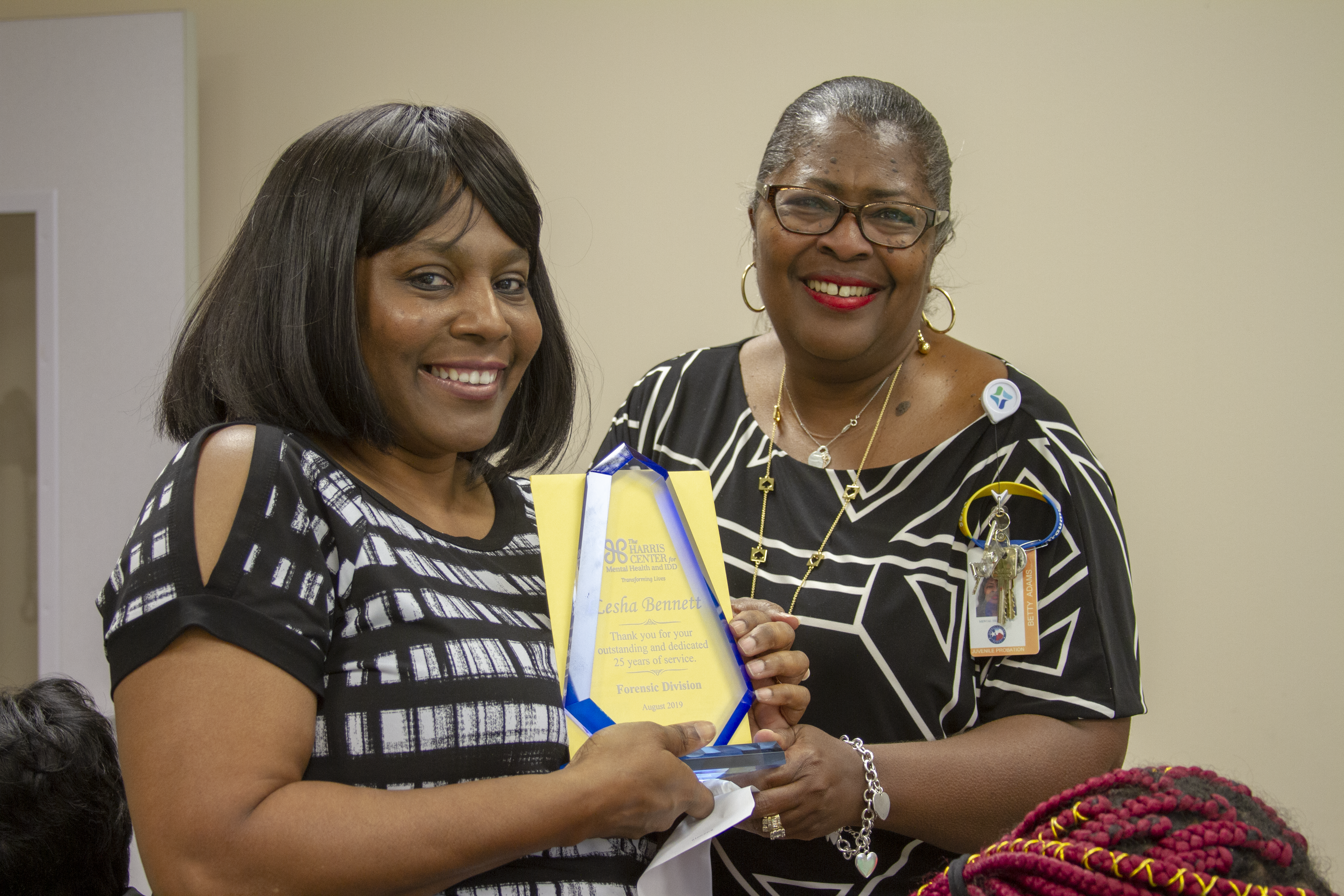
The New START Program was established in April 1993 and is implemented through The Harris Center for Mental Health and IDD. This program provides intensive and transitional case management services to adult clients who are on Parole or Probation. New START provides intensive community-based behavioral health services/supervision in the home and community by a specialized team of advocates and rehabilitation therapists to include licensed and non-licensed professionals. The New START team works in collaboration with Texas Department of Criminal Justice and the Harris County Probation Department to ensure that the client is stabilized, does not re-offend, and improves the level of functioning and increase the use of core community re-integration skills, increase in self- reliance, and increase independent living skills.
Services:
- Intake assessment by a psychiatrist or Nurse Practitioner
- Psychiatric medical services
- Care coordination
- Intensive and Transitional Case Management Services
- Skills Training and Psychosocial Rehabilitative Services
*Note: Information needed for the first appointment includes an identification card, medication List, any discharge paperwork from hospitals and any information related to Probation and/or Parole requirements.
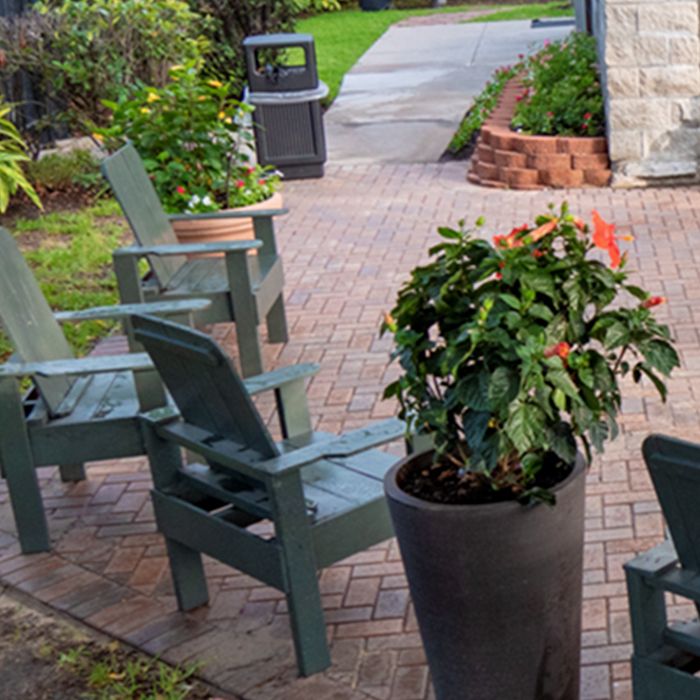
Overview
The Outpatient Competency Restoration (OCR) program offers intensive medical and rehabilitative services to help stabilize adult clients with low-level, non-violent charges, who are referred by the court system. These individuals were charged with a crime and were found by the court as incompetent to stand trial. OCR is an alternative to State Hospital commitments, which allows clients to receive the treatment they need within the community. The OCR program offers 8 beds that are available to eligible individuals 24 hours/day, for an estimated stay of 60-120 days. Clients that complete the intake process will undergo nursing, psychiatric, and a medical evaluation. They will also receive a crisis adult strengths and needs assessment. Clients may receive a hygiene pack and clothing if needed.
The OCR program serves as a collaborative with UT Harris Country Psychiatric Center and the Criminal Courts system.
Services:
- Court system education
- Medication management
- Nursing support and education
- Trauma Informed Care
- Peer support services
- Individual and group therapy
Testimonial:
Rochelle Griffin (60 years old) was admitted to the Outpatient Competency Restoration Program on Oct. 21, 2021. Ms. Griffin was admitted due to being incompetent to stand trial for her current felony charge. Although Ms. Griffin was unstable on her medical and psychiatric medication, she could still maintain an optimistic attitude about completing court education classes at the facility.
Throughout Ms. Griffin’s stay at the facility, the Care Coordinator (Tristian Suayan) assisted the client in obtaining HOT-ID, Social Security Card, SNAP benefits, Transitional Housing through the FACT Team, and PCP linkage. The Care Coordinator also assisted the client with court education classes by helping Ms. Griffin study for quizzes and understand information. Ms. Griffin was a comical, animated, and sassy individual who loved quality time outside, playing dominoes, and having conversations with our OCR staff. At 6160, there was never a dull moment when Ms. Griffin was around.
On Nov. 24, 2021, Ms. Griffin was deemed competent to stand trial, according to Dr. Coates report. Afterward, the Care Coordinator connected the client to FACT services, which assisted with transitional housing, PCP linkage, Psychotherapy, Psychiatrist, and routine care coordinator services. Ms. Griffin was later discharged from the facility on Jan. 14, 2022, to the personal care home, where she would continue care with FACT Team services.
Today, Ms. Griffin is at the personal care home doing great, maintaining appointments, following up with the court, and staying stable on her medication. Our staff greatly miss Ms. Griffin and will never forget her time at 6160.
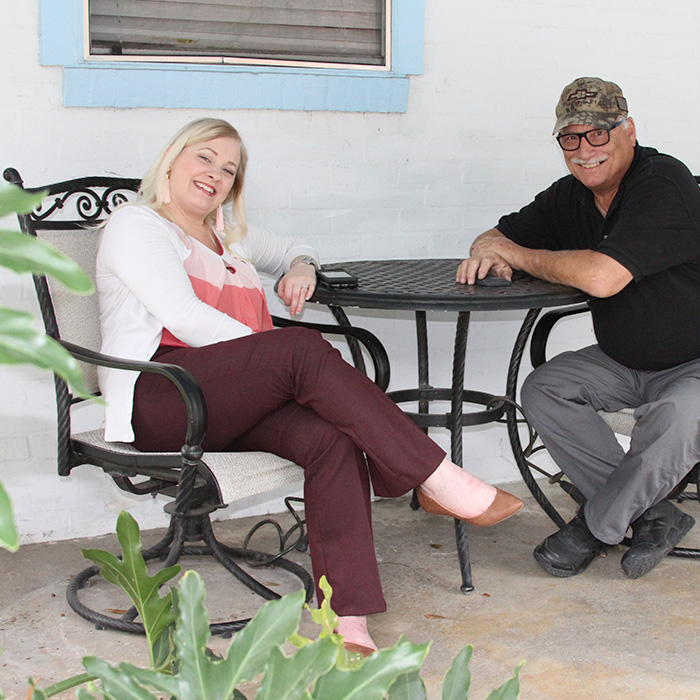
The Person-centered, Engaging, Empowering, Recovery-oriented Support (P.E.E.R.S.) for Hope House is a non-clinical, crisis respite program where individuals can experience hope, safety and support during a mental health crisis. This voluntary program offers supportive housing as an alternative to traditional hospitalization, to help individuals reintegrate into their communities. Support is available for up to 9 individuals for approximately 3-5 days. During this time, individuals are able to participate in wellness activities, skill building, meal preparation and self-administered medication. Adults ages 18 and older are able to walk-in Monday-Friday, 7:30 AM-3:00 PM (no outside referral required). Individuals must be medically stable (i.e., not require assisted living, nursing care, medical facility care, or supervision to take prescribed medication) and not have a significant recent, repeated history of aggressive/acting out behavior or substance abuse/dependence that requires severe immediate threat to themselves or others.
Services:
- Housing (up to 3-5 days)
- Wellness activities, including creating a recovery and relapse prevention plan
- Skills training (coping skills, social skills, life skills)
Testimonial:
The Harris Center offers a full array of psychiatric and pharmacological management services. Psychiatrists are medical doctors who are experts in behavioral health and specialize in diagnosing and treating people experiencing behavioral illnesses. Psychiatrists have a deep understanding of the relationship between physical and behavioral health and will work with your other providers to maximize your person-centered treatment. Our providers can assist you with managing conditions such as schizophrenia, bipolar disorder, major depression, substance use disorders, co-occurring disorders, and more. Services are provided in a variety of settings, including residential treatment, outpatient treatment, and/or telehealth appointments.
Services:
- Psychiatric assessment
- Diagnosis and treatment of mental health conditions
- Medication management
Psychosocial and Rehabilitation Services are social, educational, vocational, behavioral, and cognitive therapy interventions that improve a person’s ability to meet their life goals and overcome barriers. Utilizing a person-centered approach to assess needs during the recovery planning process, staff work to empower a sense of wellbeing and encourage the use of functional skills to maintain independent living within a person’s community of choice. Skills training is also provided in conjunction with overall wellness planning, managed by a care team. These services include targeted interventions around symptom management, health and medical care, housing, living skills, social relationships, communication, vocational, educational, financial, and community involvement.
Services:
- Individual and group therapy
- Skills training (social, communication, vocational, educational, financial, and healthcare management)
- Wellness planning
- Case management and care coordination
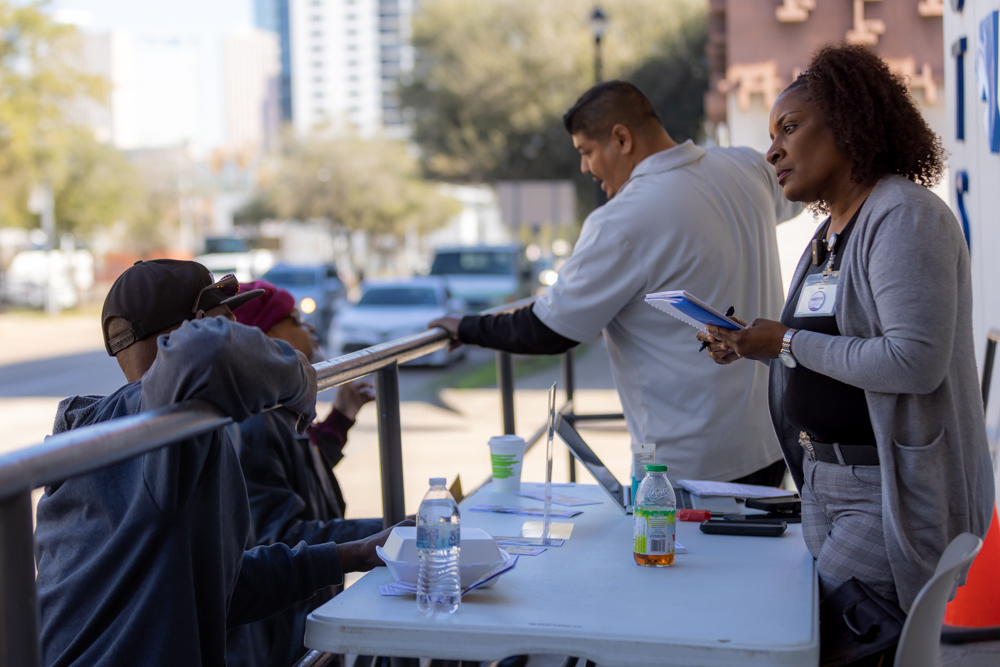
The Substance Use Disorder Outreach Program (SUDOP) allows Community Health Workers to provide intake assessments and make referrals to detox and/or outpatient services for individuals in the community. SUDOP operates as a community outreach program that responds to individuals experiencing substance use disorders and/or mental health disorders who desire change and need assistance in building a foundation for their recovery. The SUDOP team is a multidisciplinary team of psychiatrists, Licensed Vocational Nurses (LVN), Master-Level Clinicians, Care Coordinators, Psychiatric Technicians, and Licensed Chemical Dependency Counselors (LCDC). SUDOP services are available for adolescents and adults ages 14 years or older, Monday-Friday, 7:00 AM - 4:00 PM.
Services:
- Linkage to medical, mental health, and substance use treatment resources
- Provides Risk Reduction Kits (e.g., safe smoking kits, Narcan kits, etc.)
- Education and supportive resources for substance use treatment
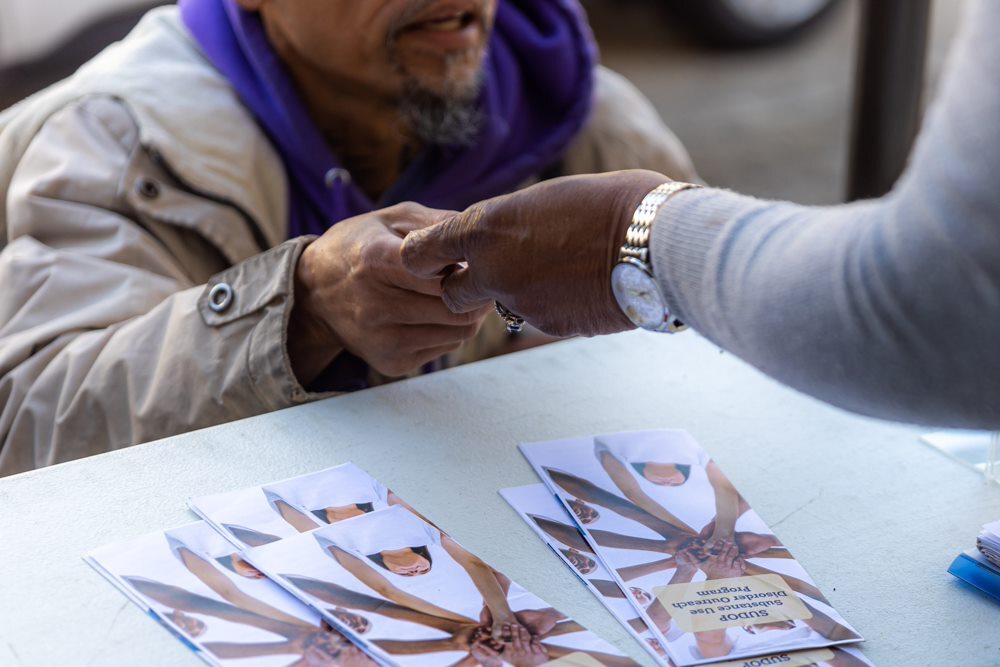
The Harris Center provides comprehensive substance use recovery services to patients with co-occurring disorders. A co-occurring disorder is the coexistence of both a mental illness and substance use disorder, which is common among people in treatment (e.g., alcohol abuse and depression). This approach to treatment addresses both psychiatric and substance use disorders to promote behavioral health stabilization. Mental health treatment is provided by Harris Center staff and substance abuse treatment is provided by substance abuse residential staff. Treatment is provided in a residential substance abuse treatment setting. Eligible adults age 18 years or older may be referred from other Harris Center programs or HCSO jail.
Services:
- Screening for co-occurring disorders
- Assessment
- Case management
- Skills training

The Substance Use Recovery Services Detoxification (Detox) Program is a licensed residential detox treatment program for individuals who are experiencing homelessness and substance abuse disorder. The Detox Program supports individuals in recovery from substance abuse by increasing their self-awareness and ability to manage difficulties resulting from substance use through therapy and skills training. This voluntary program is available to adults ages 18 or older whose last drug use was within 72 hours. Referrals are accepted from substance use service agencies, hospitals, community partners, internal Harris Center providers and through the Outreach Screening Assessment and Referral (OSAR) screening. The Detox Program has 8 available beds for individuals with an estimated stay of 3-5 days. Detox services are offered 24/7/365.
Services:
- Confidential screenings
- Monitoring and management of physical withdrawal symptoms
- Case management
- Individual and/or group therapy
- Establishing links to ongoing community resources

Providers at The Harris Center assist individuals trying to obtain employment by working with them to identify and achieve their employment goals through an educational process. Our providers help clients to identify their work skills, locate employment, and teach the required job skills. Staff include experienced Rehabilitation Clinicians trained in cultural competency, motivational interviewing, and individual placement and supports. Our staff will advocate, provide resources, motivation, and supports for those seeking employment. Employment services are available to clients of The Harris Center outpatient programs who are 15 years of age or older. Patients interested in supported employment services may be referred by outpatient clinic staff at The Harris Center.
Services:
- Assistance in identifying work skills and locating employment opportunities
- Education and support in application and interviewing process
- Skills training to achieve necessary job skills

The Harris Center provides supported housing services to assist individuals experiencing homelessness, individuals at-risk of becoming homeless, and/or low-income individuals and families transitioning from homelessness. We assess housing needs and match those needs to the potential programs for qualified individuals. Experienced Rehabilitation Clinicians at The Harris Center are knowledgeable about Supportive Housing models and cultural competency. Supported housing services are available to clients of The Harris Center outpatient programs who are 18 years of age or older and meet the criteria of the housing resources available at the time of application.
Services:
- Assistance in identifying housing opportunities and needs
- Linkage with supportive housing community resources
The Harris Center provides education on the effects tobacco has on one’s health. Providers are able to share resources, information, and tools to individuals who want to quit tobacco use. Licensed Chemical Dependency Counselors (LCDC’s) at The Harris Center are trained and certified by the MD Anderson Certified Tobacco Treatment Training Program to provide services to individuals throughout the agency. Services are provided within a group setting for individuals who are either prepared to quit smoking or who are simply contemplating quitting in the future. This service is offered to all clients of The Harris Center outpatient programs. Individuals must be 18 years of age and older to participate.
Services:
- Tobacco cessation resources
- Tobacco education resources
